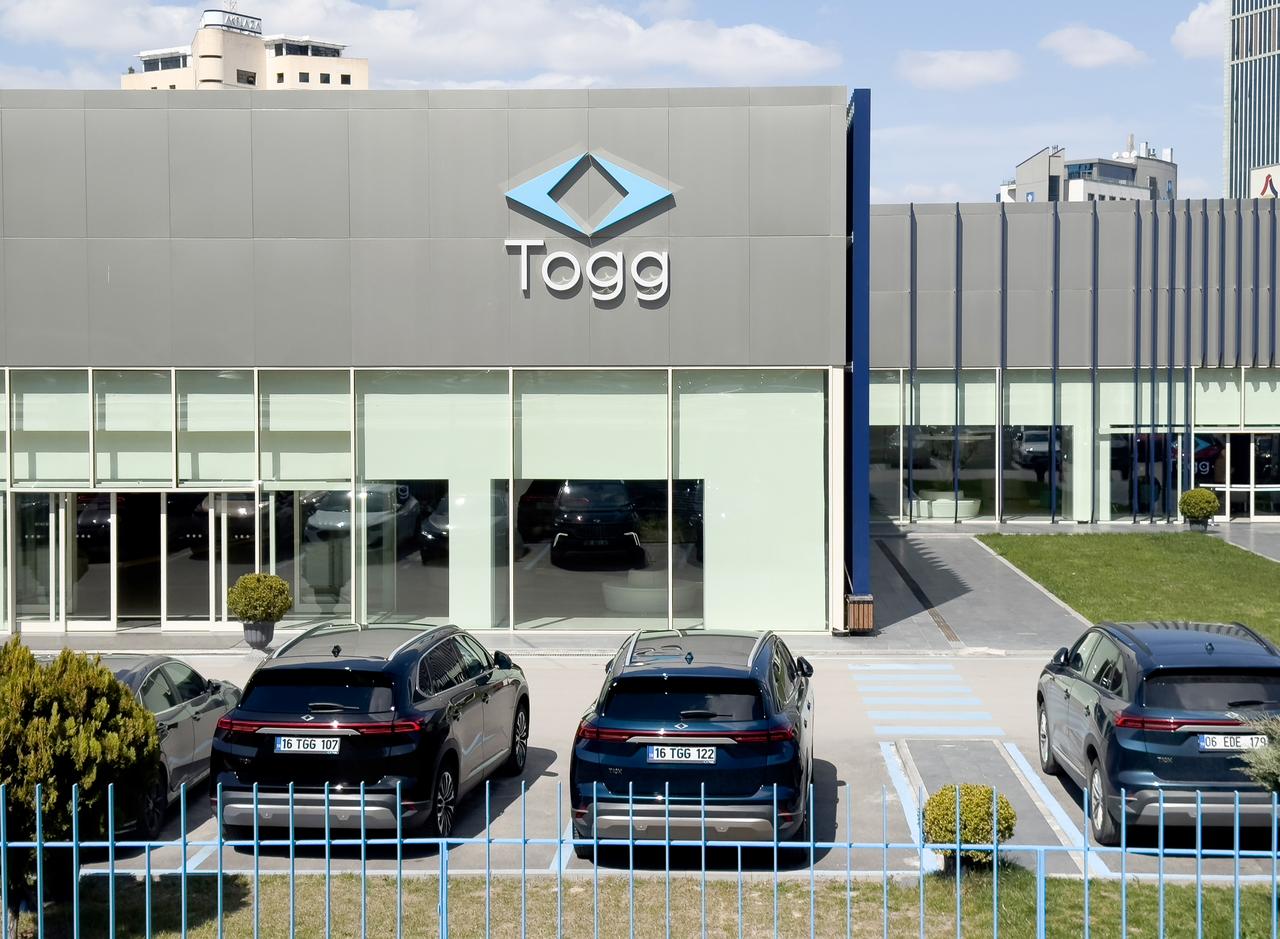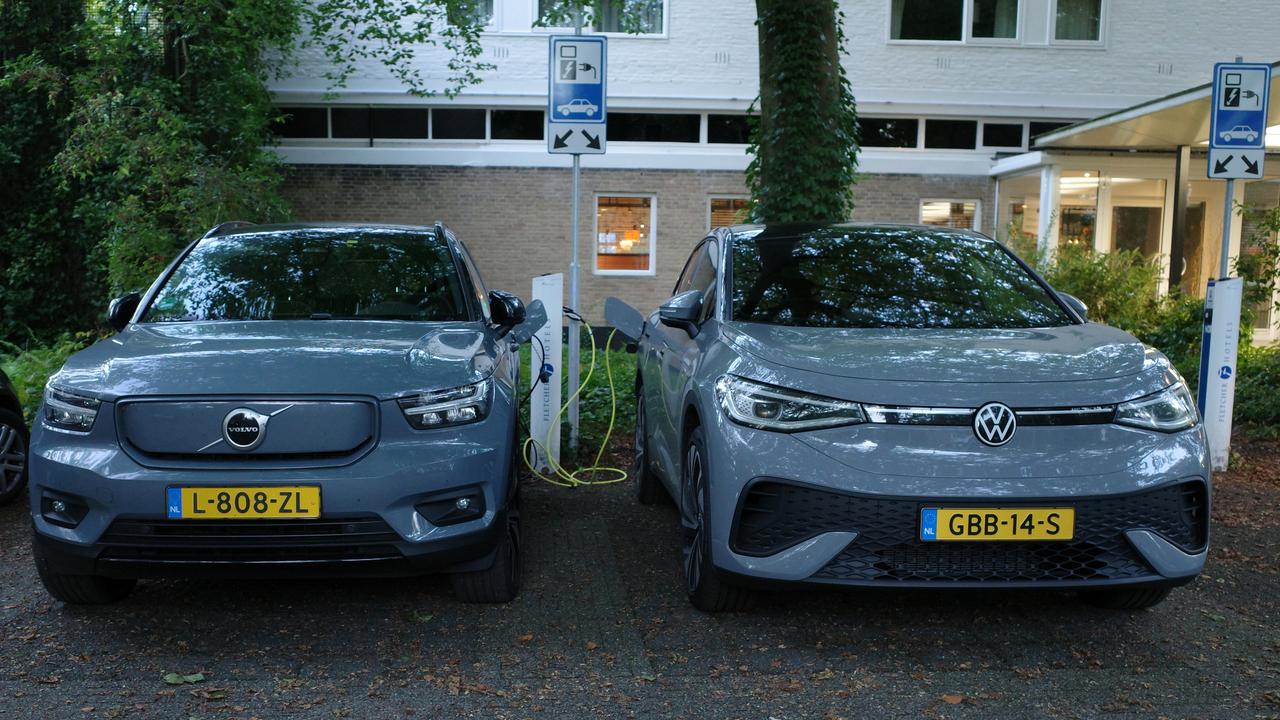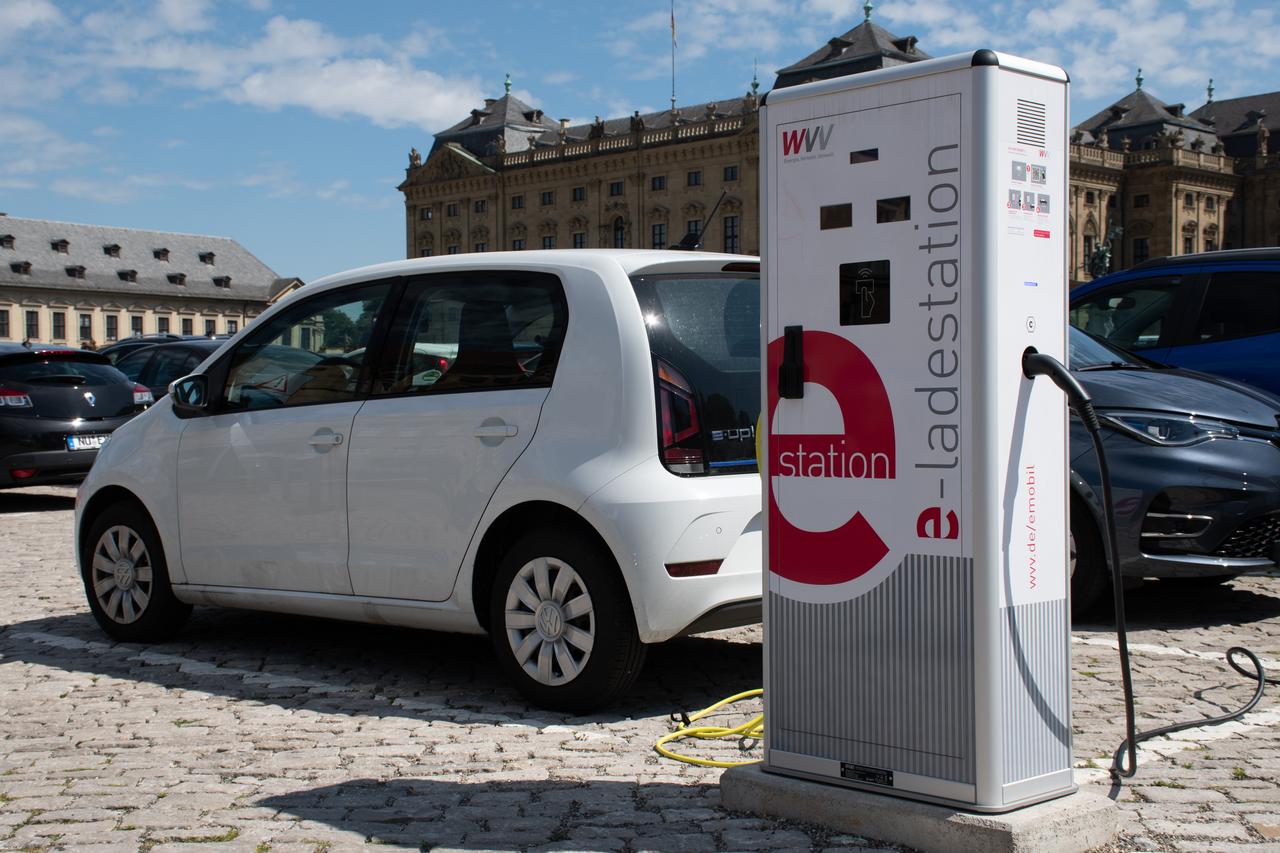
Electric vehicle (EV) sales are set to exceed 20 million globally this year, accounting for more than 25% of all new car sales, according to the International Energy Agency (IEA).
The agency's annual Global EV Outlook report underscored that, despite rising trade and industrial policy uncertainties, the sector is on a robust growth trajectory due to falling prices and lower operational costs.
IEA Executive Director Fatih Birol noted that EV sales continue to break records worldwide, with a strong acceleration in emerging economies.
By 2030, he projected that more than two out of every five cars sold could be electric.

China remains the dominant player in the EV market, contributing to nearly two-thirds of global EV sales and over 70% of global production last year. In 2024, EVs made up nearly half of all new car sales in the country.
The IEA report highlighted that two-thirds of EVs sold in China were cheaper than their internal combustion engine (ICE) counterparts, even without subsidies, due to intense price competitiveness among domestic producers.
This contrasts with the situation in Western markets, where EVs remain more expensive. In Germany, the average battery electric vehicle cost is still around 20% higher than conventional cars, while in the U.S., the price gap stands at approximately 30%.

In Europe, EV sales stagnated in 2024 at around 20% market share, impacted by reduced government purchase incentives in countries such as Germany and France. U.S. sales rose by 10% year-on-year, pushing EVs to a modest 10% share of new car sales.
Emerging and developing markets in Asia, Latin America, and Africa saw EV sales increase by over 60% last year, driven by both policy incentives and the availability of low-cost Chinese EVs.
Chinese automakers have also begun setting up local production facilities in these regions to bypass import tariffs.

The IEA emphasized that falling fuel and maintenance costs are reinforcing EV demand. In several markets, the cost of charging an EV at home is already half the cost of fueling a conventional car—even if oil prices drop to $40 per barrel.
The report also stressed that while trade restrictions and macroeconomic headwinds could affect the global auto market, EV demand remains resilient due to government support and price competitiveness, particularly in China.
International trade in electric vehicles now represents nearly 20% of all EV sales, signaling increased cross-border demand and supply chain integration.